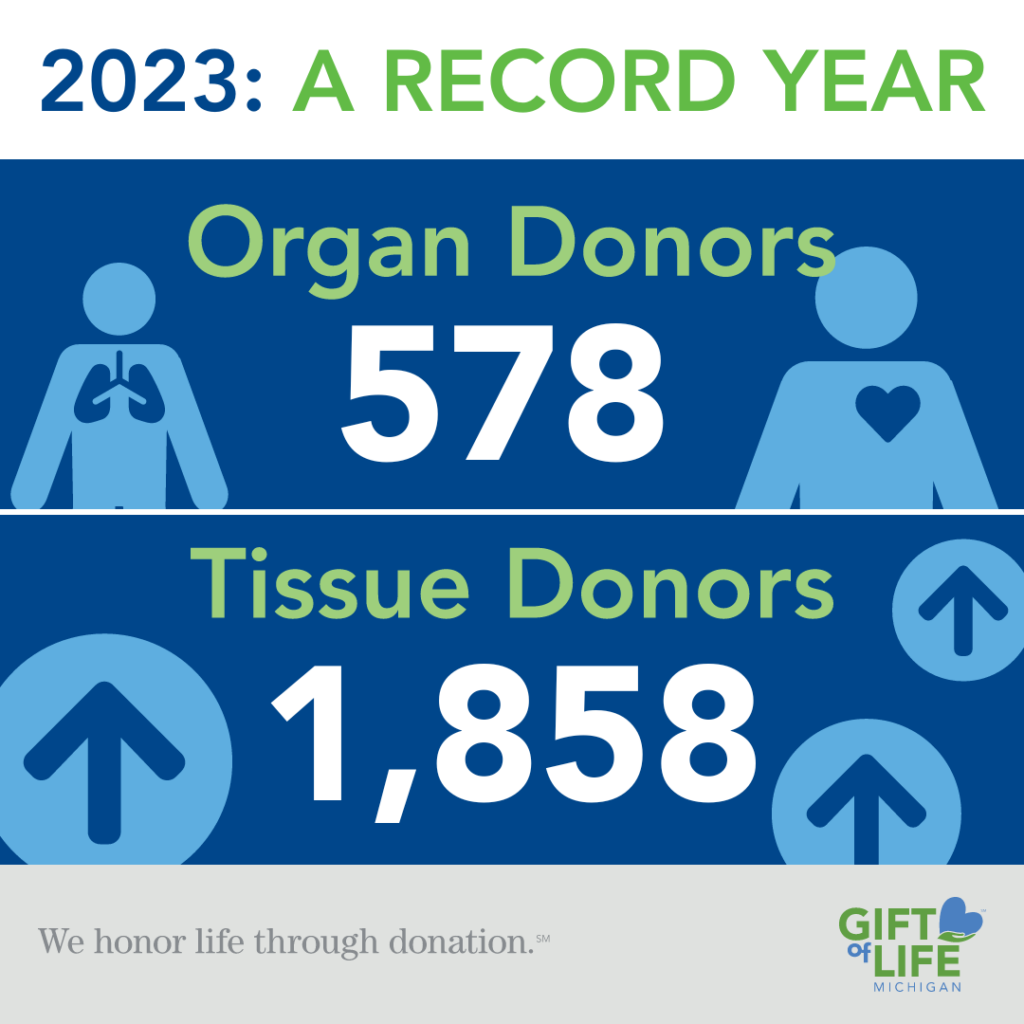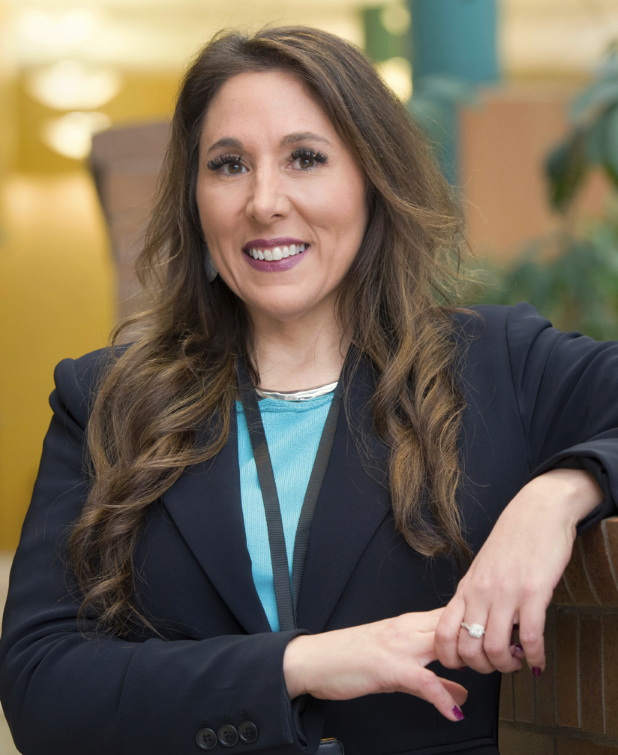Patients waiting for new organs take extra precautions to stay healthy
De’Shante Ervin is taking additional precautions these days.
The 40-year-old Southfield resident is currently in need of a kidney and knows that even a common cold or flu-like symptoms could postpone a life-saving transplant.
“When that call comes, you have to be ready,” he said.
For Ervin, that means trying to eat right and stay in shape, as well as trying to avoid the potential for infection that everyone faces on a daily basis. As an African American, he knows he’s more at risk for the coronavirus, too, which means he and his family are even more diligent about social distancing.
“I’m pretty much staying at home. Outside of going walking at the track. I’m trying to stay away from people as much as possible,” said Ervin, who wears a mask and stands apart from family, even during gatherings. “I’m not going around anybody. I have to make sure my immune system is right.”
He and his wife, Crystal, are also planning what will happen should their 17-year-old twins have to return to school for their senior year this fall, or if their district will provide remote learning.
Even with the additional precautions, Ervin knows he may have a long wait on the waiting list. Minorities tend to wait longer for donors because there is a reluctance among some in multicultural communities to sign up on the Michigan Organ Donor Registry.
While transplants can be successful regardless of the ethnicity of donor and recipient, the chances for a successful match and long-term survival are higher if both have a similar genetic background. Also, minorities tend to be at a higher risk for conditions like diabetes, heart disease and high blood pressure, which can lead to organ failure. Of the more than 100,000 people on the national transplant waiting list, nearly 60 percent are minorities. About 29 percent are African American. In Michigan, 871 of the 2,140 people waiting for a new kidney are African American.
Ervin has been listed for a transplant for more than a year and is undergoing dialysis. Diagnosed as diabetic when he was 19, he gets dialysis treatment three times a week, and each session usually takes more than four hours. He’s currently unable to work.
“It can be taxing,” he said.
August is National Minority Donor Awareness Month, which highlights the need for minorities to sign up as donors and encourages everyone to lead healthier lives.
“As minorities – or people in general – it’s very important that we support donation,” he said. “You never know whose life you’re saving or how many individuals you’re saving with this gift of life.”








